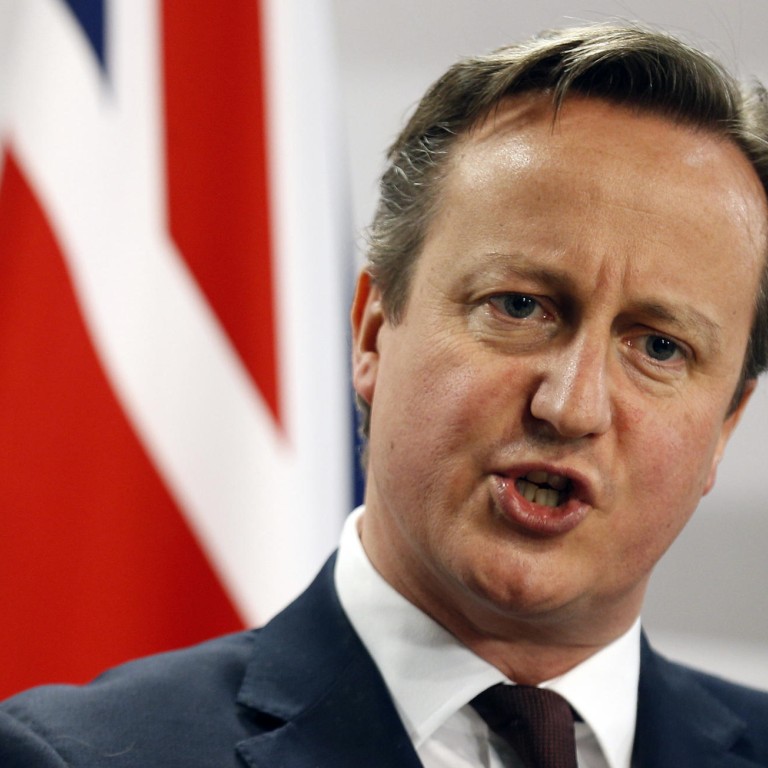
New | UK agents mixed on Cameron pledge to get tough on dirty property money
While agents are mixed on PM David Cameron's crackdown, all agree impact will be limited
British property agents have mixed views over Prime Minister David Cameron's pledge of stricter rules on possible money laundering in the country's property market.
Some agents said the move may be unwelcome but was a positive step for the country's property market, while others said it is wrong to suggest the market is awash in dodgy deals and illegitimate money. But they agree the impact on the market will not be great.
Speaking in Singapore, Cameron has said the government would expose the use of "anonymous shell companies" to buy luxury British properties - often in London.
Corruption was "a cancer which is at the heart of so many of the world's problems" and must be tackled, Cameron said during a four-day visit to Singapore. Cameron has said that foreigners must not be able to buy British homes with "plundered or laundered cash".
Alex Newall, the managing director and founder of Hanover Private Office, said: "Whilst the details are yet to be fixed, David Cameron is seeming to suggest a register of all properties owned by offshore entities, which will be forced to disclose the ultimate beneficial owner."
He added: "Putting a spotlight on the tax affairs and privacy of many ultra-high-net-worth individuals and some less well-off investors may be unwelcome initially, but a necessary and bold step in the fight against global money laundering."
Ultra-high-net-worth individuals use many methods to buy properties and some of England's greatest estates and houses are owned by historical family trusts set up generations ago, he said. However, it is the use of newly formed offshore shell firms to hide the source of funds which is the government's main concern.
"Many ultra-high-net-worth individuals use the companies not to hide the source of their wealth, but to maintain the upmost privacy and security," he said.
For the well advised investor, some restructuring or compliance and disclosure will be required, leading to more paper work for estate agents and property lawyers which will initially slow the speed of transactions.
Andrew Langton, the chairman of Aylesford International, expected the impact would be minimal.
"The process of tightening the loophole of dirty money finding its way into the UK property market and specifically London has been operating with increasing efficiency for some time now. We do not consider the measures currently in place [or others that may be introduced] will have any material impact on values in the luxury market," Langton said.
Lawyers play a significant role in the buying process because without a lawyer's legal guidance and involvement a purchase cannot take place.
"The lawyer is in the front line with compliance regulations and is unable to act for a purchaser if there is the slightest hint of suspicion over the cleanliness of the money. The penalties are such it is not worth the risk having any doubts," Langton said.
Simon Barnes, of London-based Simon Barnes Property Consultants, said the money to buy property in the capital and the rest of Britain comes from legitimate sources, is verified by lawyers and banks and the buyer's credentials checked by the buying agent or estate agent.
"You cannot approach a buying agent with a suitcase full of cash and expect to be able to buy a London mansion. It is quite wrong to suggest that the property market in propped up by dodgy deals and illegitimate money," he said.

